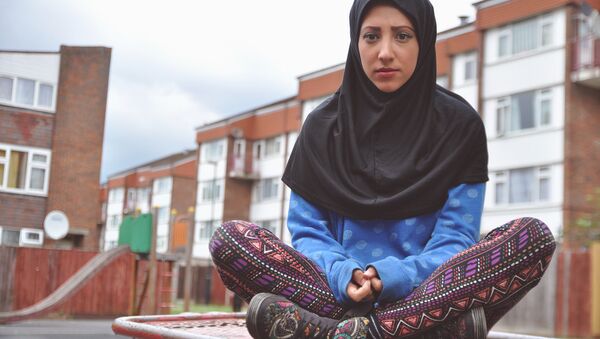Key findings have shown that there were over 200,000 Islamophobic tweets that were sent in July 2016, that averaged at 289 every hour.
Spikes in anti-Islamic language are strongly correlated to current events — particularly acts of terrorism — with the largest number of abusive tweets sent on the day after the Nice attack in France.
Islamophobia on Twitter is increasing month on month — with July the highest rate since Demos' dedicated analysis began in March.
Our NEW analysis finds growth and spikes in #Islamophobic tweets. Read the research here: https://t.co/pIx7urWmy8 pic.twitter.com/nhjo6JMaDG
— Demos (@Demos) 18 August 2016
"The largest spike within the month of July was on July 15, the day immediately following the terrorist attack in Nice, France, which saw 21,190 tweets sent of a derogatory nature," a Demos spokesperson told Sputnik.
Even when the attack is not related to a terrorist organization such as Daesh — also known as ISIL — Islamophobic tweets have been sent. On July 8, the day after the shooting of police officers in Dallas, the United States, 11,320 tweets were sent.
The Demos spokesperson said that Islamaphobic tweets have always been high; however, the extent seen in July was extremely high.
"Demos has been analyzing global Twitter activity since March 2016, and in July recorded the highest volume of Islamophobic activity online of any month yet, with over 200,000 anti-Islamic tweets in English."
NEW @Demos analysis looks at online #Islamophobia in the days surrounding the Nice attack: https://t.co/pIx7urEL9y pic.twitter.com/1ppD168RZU
— Demos (@Demos) 18 August 2016
Since March 2016, Demos has found an average of 4,972 Islamophobic tweets are sent per day. In the wake of an Daesh attack in Brussels, a particularly high volume was recorded in March. This rate dropped sharply between March and April but has increased month-on month since, with July having the highest rate of any month analyzed.
Demos were also able to geo-locate many of the tweets collected and found the Islamophobic ones were originating from every EU member state. As only tweets in English were recorded, the majority were traced to English-speaking countries. Apart from the UK, significant concentrations were identified in the Netherlands, France and Germany.



